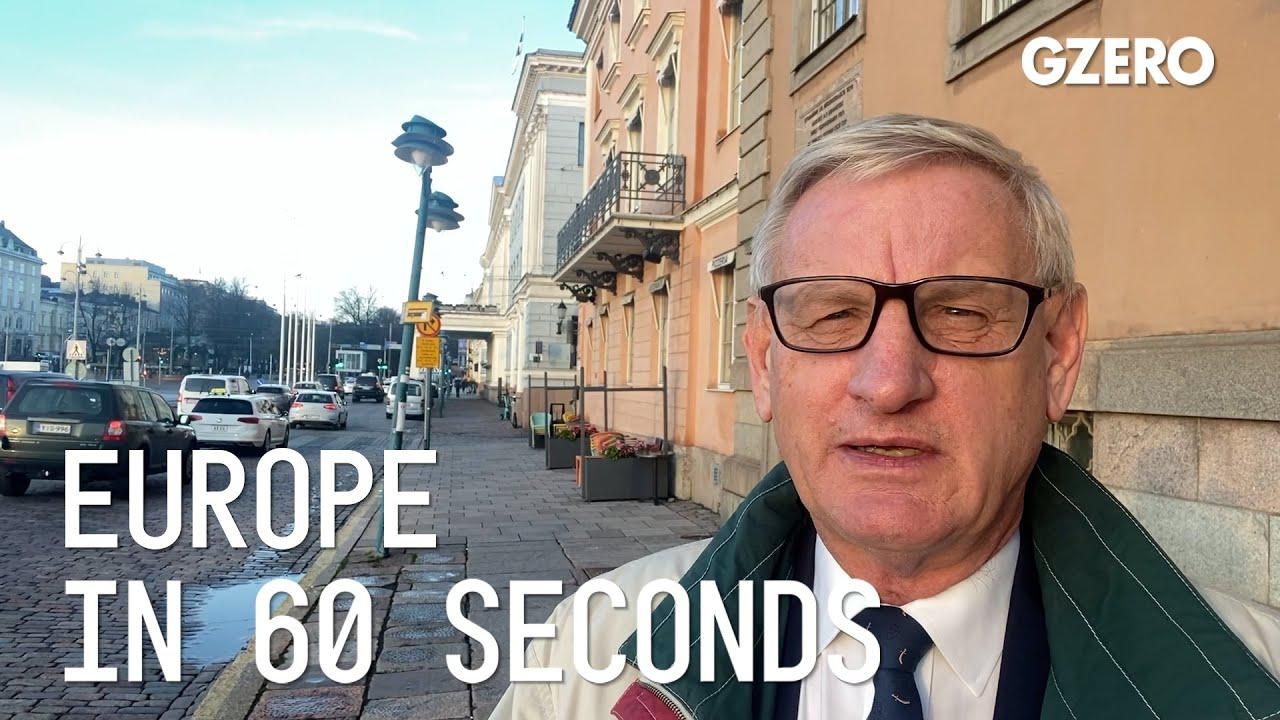
Carl Bildt, former Prime Minister and Foreign Minister of Sweden, shares his perspective from Europe:
What is happening with COVID in Europe?
Well, primarily the east of Europe is a worrying situation. Russia has substantially more than a thousand deaths every day. And Bulgaria, Romania, difficulty for the Baltic states at the moment are surging infection rates. Vaccination rates must improve. It's primarily a problem, of course, in Russia, where people don't have trust in the vaccine and trust in the records.
What's up at the G-20 Summit in Rome this weekend?
A number of officials, although neither Xi Jinping or Putin is going to be there. But one critical issue is whether there's going to be the willingness to really pay the money that is necessary to pay for vaccines and treatments in the low and the medium income countries. And if you don't get to grips with that, the risk of new variants coming and creating havoc also in our countries is substantial. So, that remains to be seen.